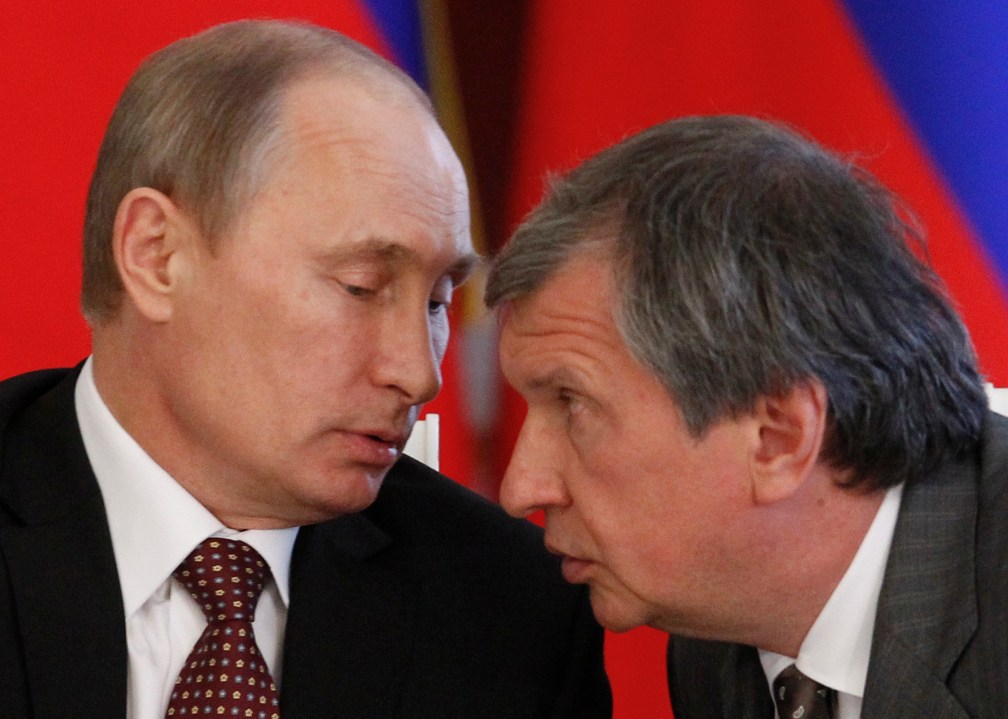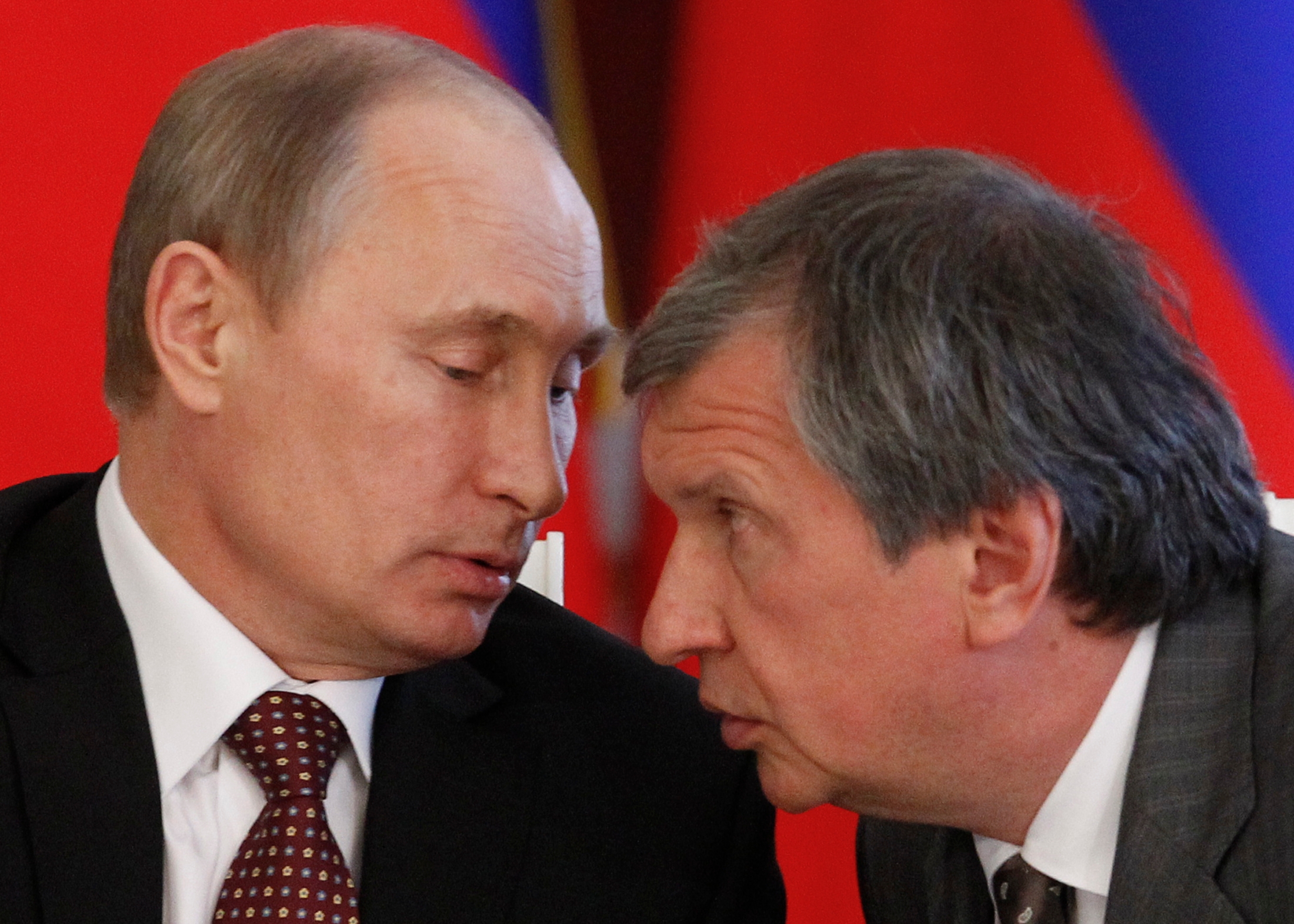‘Sanctions,’ said Kofi Annan, ‘are a necessary middle ground between war and words.’ Neither the EU nor the US will deploy troops or missiles to defend Ukraine against Russian-backed separatists, while Vladimir Putin basks in hostile Western words and turns them to domestic advantage. That leaves sanctions as the only means of seeking to influence him. But do they work? Evidence is not persuasive: in 200 cases studied by academics in Washington, from the League of Nations action against Italy’s aggression in Abyssinia in the mid-1930s to Russia’s assault on Georgia in 2008, sanctions were judged successful in one third of cases; in many of those, success was ‘partial’. In all other cases they not only failed but frequently made matters worse by reinforcing bad regimes, intensifying poverty and offering a field day for profiteering.
Recent sanctions against Syria and North Korea have arguably had no effect at all. In Libya, they may have persuaded the venal Gaddafi to renounce terrorism, but he went on brutalising his own people for years. In Iran, sanctions have obstructed the nuclear programme but not the supply of Iranian weaponry to Hamas in Gaza — where the economic blockade by Israel and Egypt has fuelled one of the most explosive conflicts on the planet.
This is a hobby horse on which I have occasionally lectured, most recently at the Nato Defence College in Rome (email martin@spectator.co.uk if you’d like the text). The truth is that generalised sanctions are useful only as a token of disapproval and an action on which uncertain allies can agree at minimal direct cost; but they have all kinds of adverse consequences. In the case of Russia, Jaguar Land Rover exports from the UK are likely to suffer, as are the fortunes of upmarket London estate agents; BP shareholders, having just enjoyed a bumper quarter, should worry about the future flow of profits from their stake in the Kremlin-controlled Rosneft oil company.
More effective (so western governments now believe) are targeted sanctions, including travel bans and offshore asset freezes, against the power elites of corrupt regimes — though such measures famously failed to spoil Mrs Robert Mugabe’s overseas shopping trips. This is the approach now being taken against ‘Putin’s cronies’, the circle of oligarchs and fixers who form the core of his power base. The key issue is whether these 50 or 60 individuals are driven more by self-interest than by belief in Putin’s resurgent Russian nationalism. The boardroom of what is sometimes referred to as ‘Kremlin Inc’ is filled with men who have bagged themselves a grotesque slice of Russia’s wealth while delivering little or no benefit to their fellow citizens. Now these greedy wheeler-dealers have a reason and an opportunity to do something for their country at last, by whispering to the chairman of Kremlin Inc that he must stop. Let’s hope he is self-interested enough to listen.
 Martin Vander Weyer
Martin Vander Weyer
I know how ineffective sanctions are – but these ones just might work
Plus: What should be in bankers’ version of the Hippocratic Oath?

issue 02 August 2014







Comments